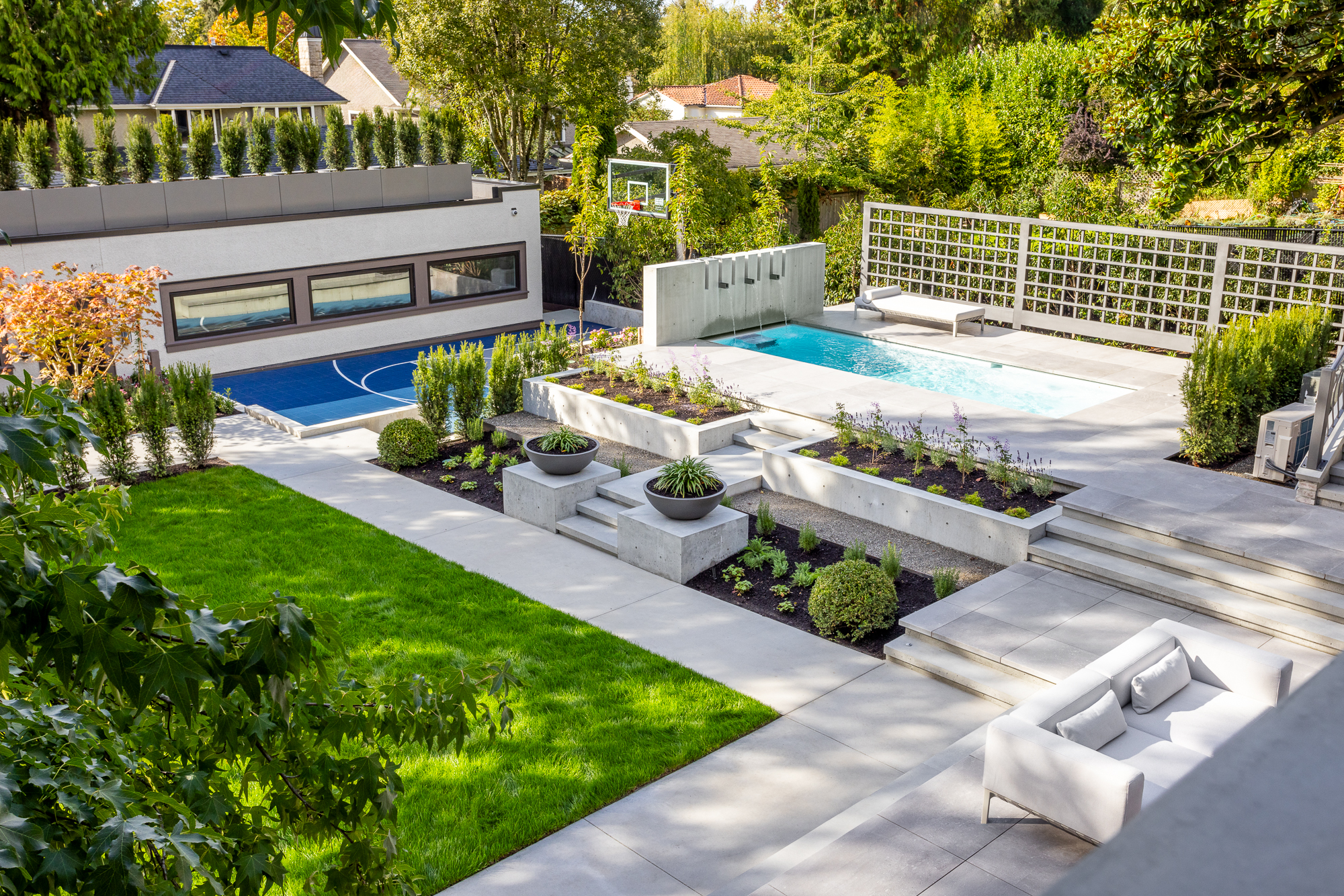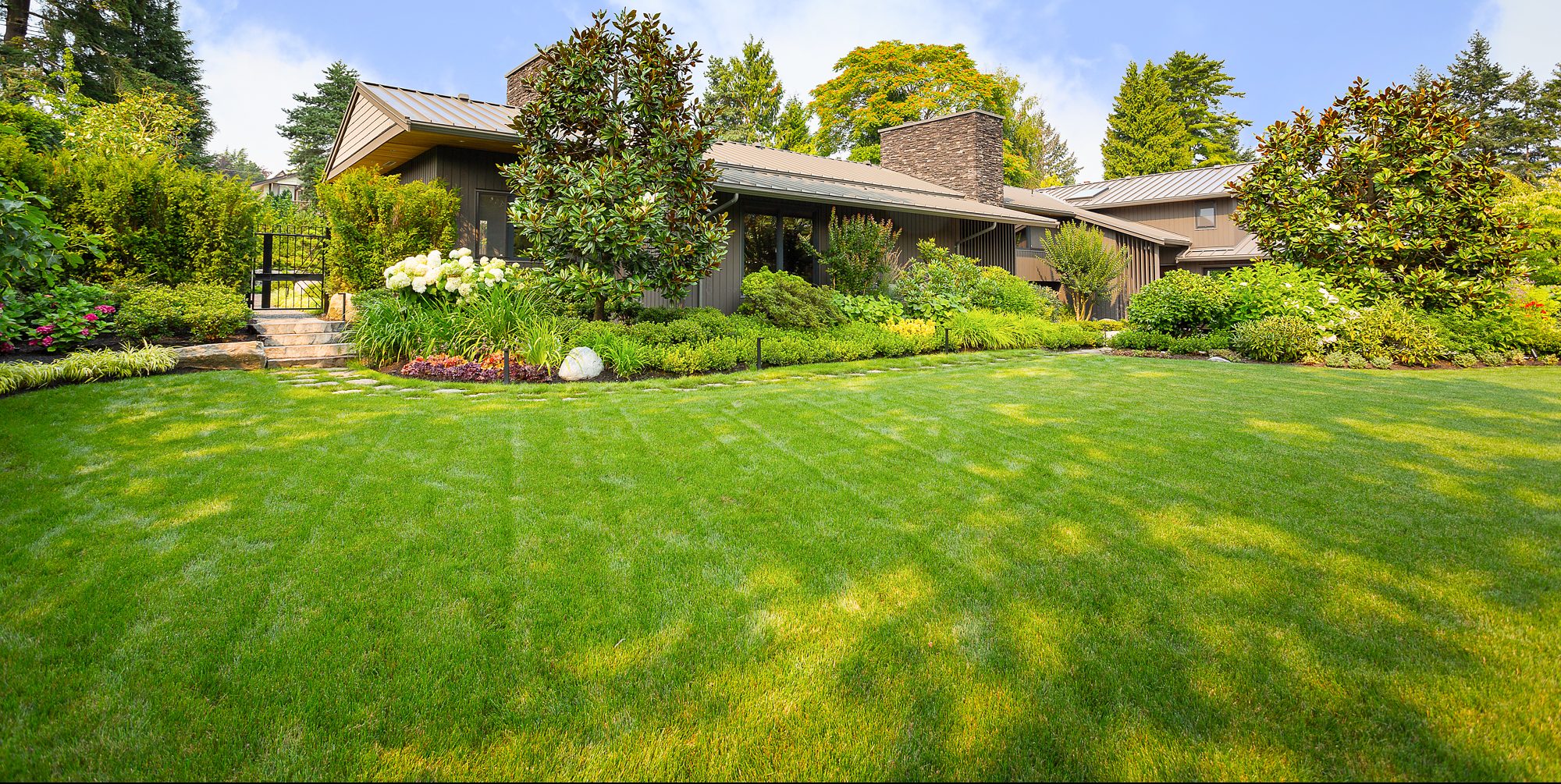??️ Porcelain pavers have become increasingly popular for outdoor living spaces due to their durability, versatility, and aesthetic appeal. ?️?
Here’s what to consider when selecting them for your outdoor area:
Why Porcelain Pavers Are Popular:
Durability: Porcelain pavers are made from high-quality porcelain clay fired at extremely high temperatures. They are resistant to fading, staining, scratching, and frost damage, making them suitable for outdoor use in various climates.
Low Maintenance: Porcelain pavers require minimal maintenance compared to natural stone or wood surfaces. They are easy to clean with water and mild detergent, and their non-porous surface prevents the growth of mold, mildew, and bacteria.
Versatility: Porcelain pavers come in a wide range of colors, patterns, textures, and sizes. They can mimic the look of natural stone, wood, concrete, or other materials, providing flexibility to match any architectural style.
Slip Resistance: Porcelain pavers typically have textured surfaces or special finishes that enhance slip resistance. This feature is especially important for outdoor spaces such as patios, pool decks, and walkways.
Fade Resistance: Porcelain pavers maintain their color and appearance over time, resisting fading from exposure to sunlight and harsh weather conditions.
Environmentally Friendly: Porcelain pavers are made from natural materials and are 100% recyclable, making them an environmentally friendly choice for outdoor paving projects.
Considerations When Choosing Porcelain Pavers:
Size and Thickness: Consider the size and thickness of porcelain pavers. Larger pavers may require additional support to prevent cracking or shifting over time.
Color and Style: Choose porcelain pavers that complement the design aesthetic of your outdoor space and blend seamlessly.
Texture and Finish: Select porcelain pavers with appropriate texture and finish. Textured surfaces provide better slip resistance, while matte or gloss finishes offer different visual effects.
Installation Method: Porcelain pavers should always be installed on pedestals or raised support systems rather than directly adhered to the ground. This allows for proper drainage, ventilation, and access to utilities beneath the pavers, reducing the risk of water damage, mold growth, and efflorescence.
Professional Installation: Hire experienced professionals to ensure proper preparation, leveling, and installation techniques. Improper installation can lead to issues such as uneven surfaces, cracking, and water infiltration.
Porcelain pavers offer numerous benefits for outdoor living spaces. When choosing porcelain pavers for your outdoor area, consider factors such as size, color, texture, installation method, and professional installation to create a beautiful and functional outdoor space that will last.




 Contact Us
Contact Us